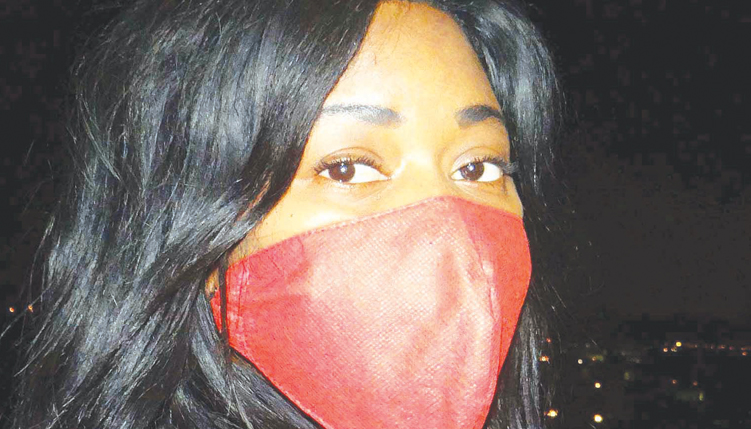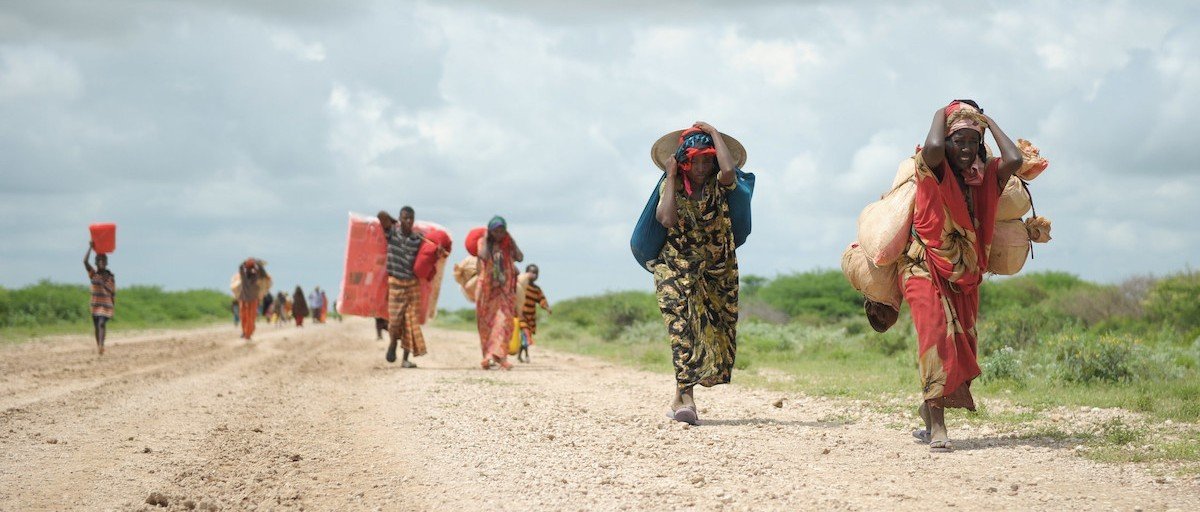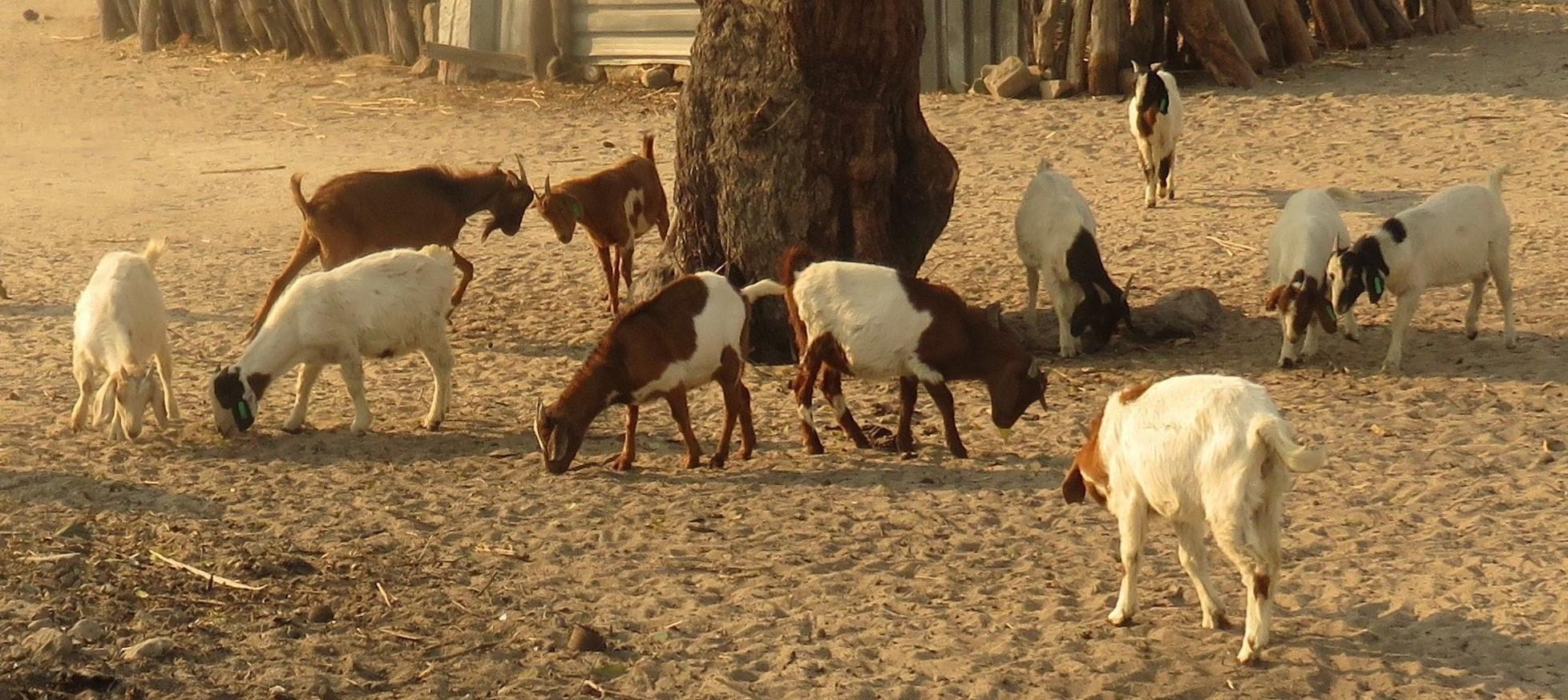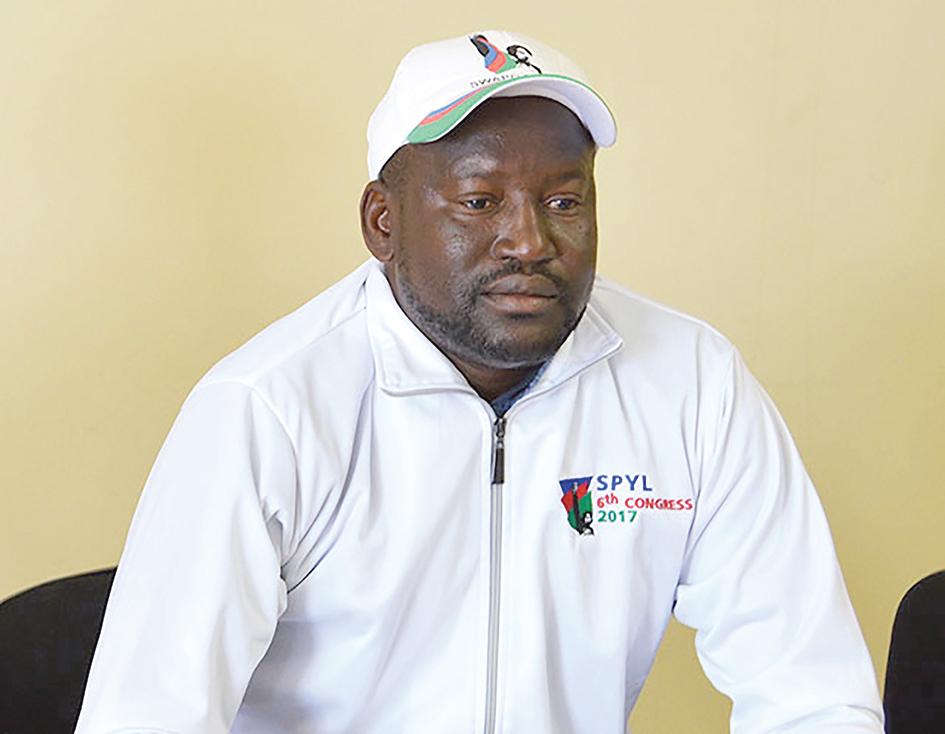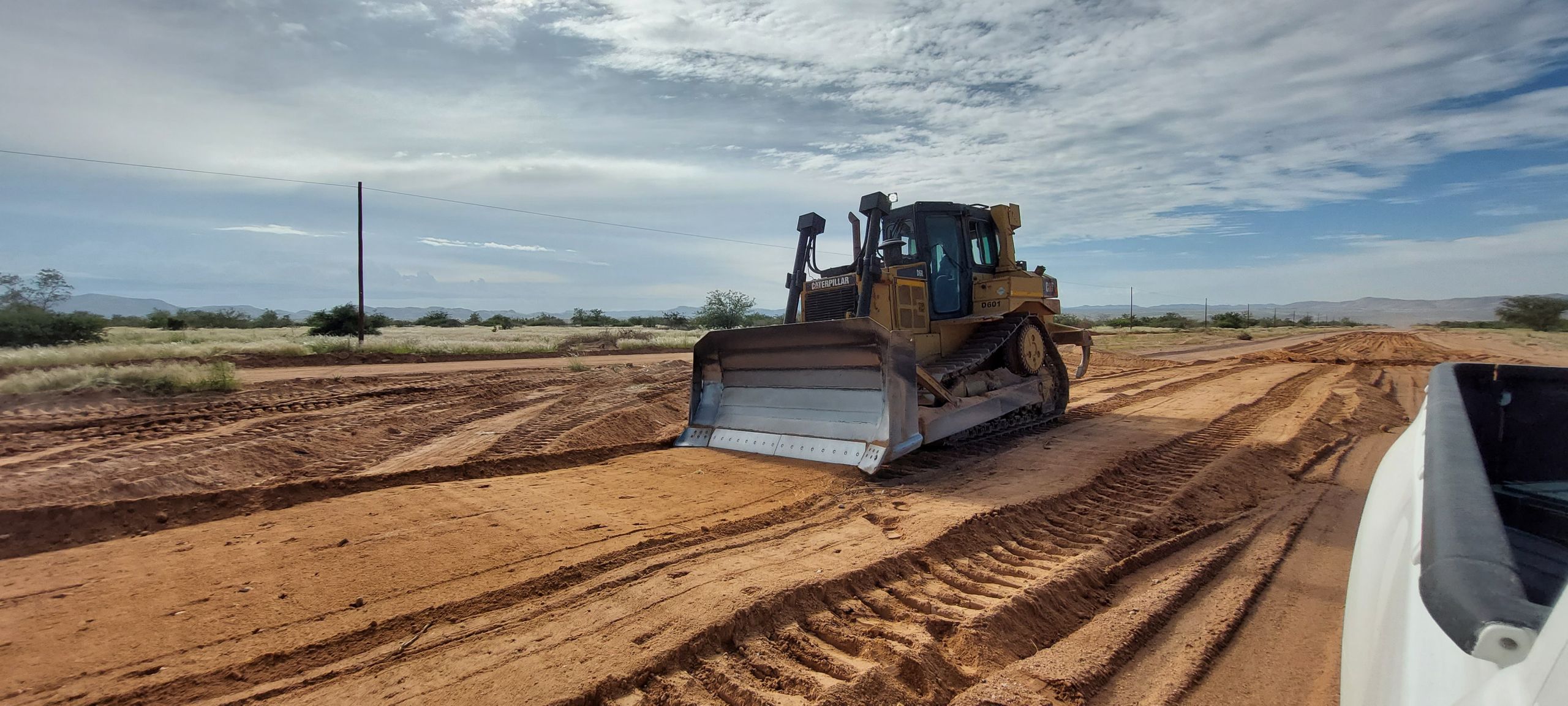The thing people grumbling about women empowerment and gender equality tend to forget is the bulk of human history.
You know, the period since the dawn of time when mostly men ruled the world, women were relegated to worse than second-class citizens, and the concept of a woman president sounded like fantasy.
As Netumbo Nandi-Ndaitwah takes the helm as the country’s first woman president, fair Namibia lands squarely in the realm of wildest dreams.
Yet, here we are living it, witnessing it and leading the way in a world where the state, status and lives of most women are a far cry from what self-congratulatory, political lip service, the illusory media and the vocal, privileged elite have led us to believe.
In reality, gender equality is still loading and is often more theoretical than the actual lived experience of millions of women, including many here at home.
Rather than equal access to education and equal pay, shared domestic labour, freedom from discrimination, violence and abuse, and adequate medical care, globally, women still largely experience the opposite.
A 2024 report by Global Citizen states that more than 380 million women and girls live in extreme poverty and the majority of the world’s poor are women. This situation is exacerbated by the fact that women do not have equal access to education, employment or homeownership.
According to this report, 130 million girls are out of school worldwide and 61% of girls in rural areas do not attend secondary school.
This lack of education puts girls and women at a disadvantage when seeking employment. Globally, women and girls also take up billions of hours of unpaid childcare, which thwarts ambitions to attend school or seek and keep jobs.
When women are employed, they generally earn just 77 cents for every dollar men earn.
With regard to safety, women face significant threats to their lives in their own homes and communities. One woman or girl is killed by someone in her own family every 11 minutes.
The United Nations reports that an estimated 736 million women – almost one in three – have experienced physical or sexual intimate partner violence, non-partner sexual violence or both at least once in their lives.
By the end of 2021, 44 million women and girls were forcibly displaced by climate change, conflict or human rights violations.
Displaced women are at high risk of violence, trafficking and sexual abuse.
Despite the empowering words of feminist pop songs, the inner workings of your favourite girl boss TV show or the women you see living their best lives on social media, this is the reality of millions of women all across the globe.
In celebrated democracies such as the United States (US), a woman is yet to hold the highest office in the land.
In fact, as North America pivots towards more right-wing conservatism, the rights of women, their bodily autonomy as well as their hard-won place in society as workers, breadwinners and equal citizens seems to be up for debate and under attack.
While the US is no utopia of egalitarianism, it has historically been held up as a vanguard of gender equality, a legendary place where a woman’s dreams, ambitions and definitions of success may be most fully realised.
As the scales continue to fall from our eyes, Namibia – regularly ranked in the top 10 for gender equality globally – stands in contrast to the myth of America.
Our president is a woman. So is our vice president, Lucia Witbooi, our speaker of the National Assembly, as well as eight other ministers intent on managing Namibia’s interests in the spheres of education, youth, sport, art, culture, environment, tourism, information, communication technology, health, social services, international relations, trade, finance, social grants management, gender equality, child welfare, home affairs, immigration, safety and security.
Given the true state of gender equality around the world, this is no small thing.
Namibia is not perfect. And the election of a woman president and numerous woman ministers does not guarantee the promised land, just a wind of change.
Often pioneering women in traditionally male spheres must shoulder the weight of expectation inherent in being the first.
They must carry the burden of demonstrating the capability of all women, not just of themselves.
And they must do this while trying to drown out the noise of people cheering for their downfall.
People cheering simply because they are women who are expected to prove and do far more than their male counterparts, if not ‘know their place’.
So as Namibia’s empowered women begin to lead, aptly during International Women’s Month, my humble prayer is that we hope for, work for and give them our best while holding each accountable without malice and misogyny.
Namibia’s first ‘Madam President’ is in office.
Blessed be her tenure.
Stay informed with The Namibian – your source for credible journalism. Get in-depth reporting and opinions for
only N$85 a month. Invest in journalism, invest in democracy –
Subscribe Now!




